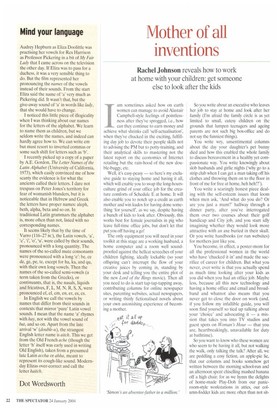Mind your language
Audrey Hepburn as Eliza Doolittle was practising her vowels for Rex Harrison as Professor Pickering in a bit of* Fair Lady that I came across on the television the other day. If Eliza was to pass for a duchess, it was a very sensible thing to do. But the film represented her pronouncing the names of the vowels instead of their sounds. From the start Eliza said the name of 'a' very much as Pickering did. It wasn't that, but the give-away sound of 'a' in words like lady, that she would have to change.
I noticed this little piece of illogicality when I was thinking about our names for the letters of the alphabet. We learn to name them as children, but we seldom write the names, and indeed can hardly agree how to. We can write em but must resort to inverted commas or some such shift for letters such as 'b'.
I recently picked up a copy of a paper by A.E. Gordon, The Letter Names of the Latin Alphabet (University of California, 1973), which easily convinced me of how scanty the evidence is for what the ancients called their letters. I dare not trespass on Peter Jones's territory for fear of womanish blunders, but it is noticeable that in Hebrew and Greek the letters have proper names: aleph, beth, alpha, beta and so on. In traditional Latin grammars the alphabet is, more often than not, listed with no corresponding names.
It seems likely that by the time of Varro (116-27 BC), the Latin vowels, 'a', `e', T, 'o', 'u', were called by their sounds, pronounced with a long quantity. The names of the so-called mute consonants were pronounced with a long `e': be, cc de, ge, pe, te, except for ha, ka, and qu, with their own long vowels. Then the names of the so-called semi-vowels (a term taken from the Greeks), or continuants, that is, the nasals, liquids and fricatives, F, L, M, N, R, S, X, were pronounced ef, el, em, en, er, es, ex.
In English we call the vowels by names that differ from their sounds in contexts that mirror 'pure' Latin vowel sounds. I mean that the name 'a' rhymes with hay, not with the vowel sound of bat, and so on. Apart from the late arrival 'w' (double-u), the strangest English letter name is aitch. This we get from the Old French ache (though the letter 'h' itself was early used in writing Old English), taken from a presumed late Latin accha or ahha, meant to represent its cough-like sound. Modernday Elizas over-correct and call the letter haitch.
Dot Wordsworth


























































 Previous page
Previous page